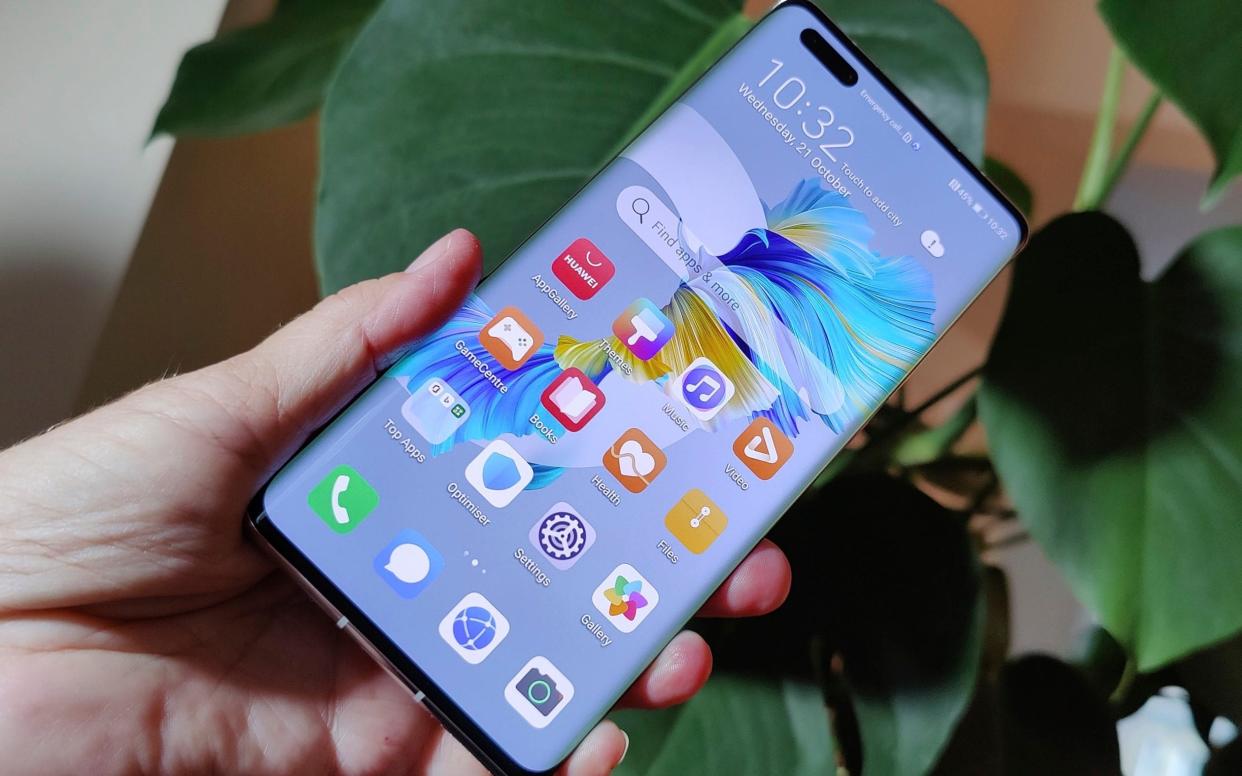Huawei reports slowing sales growth as US sanctions bite

Chinese telecoms giant Huawei endured slowing sales growth during the third quarter of this year amid new US sanctions and "intense pressure" from the coronavirus pandemic.
The embattled company said on Friday that its sales growth was up 9.9pc for the first nine months of the year compared to the previous period - down substantially on the 24pc it reported in 2019.
It reported revenues of just over $100bn (£76bn) with a profit margin of 8pc, despite a US blacklisting that has threatened its supply of semiconductor chips.
"As the world grapples with Covid-19, Huawei's global supply chain was put under intense pressure and its production and operations saw increasing difficulties," the company said.
It vowed to "do its best to find solutions, to survive and forge ahead".
Washington views Huawei as a Chinese espionage threat and has lobbied allies to shun its gear while attempting to block its access to global semiconductor supplies. Huawei has repeatedly denied it provides data to Beijing.
US sanctions against shipments to Huawei took effect last month, cutting off the supply of vital semiconductors and other equipment needed to make its mobile phones and servers.
Huawei's results briefing made no direct reference to the US pressure, and did it include a performance breakdown for its various segments, such as smartphone sales.
But during the online launch of the company's latest smartphone on Thursday, Yu Chengdong, Huawei's CEO of consumer products said the company was "suffering" from the escalating US pressure, which he called "unfair".
The bans have forced network operators to rethink using Huawei equipment. The UK has banned networks from using Huawei technology for 5G from 2027.
They also mean its latest smartphones come without Android smartphone software made by Google, while its phones now cannot contain chips that contain any US origin technology.
Huawei’s results came after it launched its new Mate 40 smartphones. These contained its powerful Kirin AI chips, but their supply is threatened as overseas manufacturers are now banned from producing them.
Huawei has stockpiled chips and 5G technology in an effort to buy time for Chinese manufacturers to come up with their own designs after the latest US sanctions came into force in September.
Its huge new Mate 40 smartphones include a regular 6.5-inch version and a 6.76-inch Mate 40 Pro. The phones have a 50 megapixel main camera in a “space ring” multi-camera set up on the rear of the phone and in-screen fingerprint sensor.
Both phones can link up to 5G networks, but both come without Google’s Android software, instead relying on Huawei custom operating system.
Huawei’s smartphones have continued to eat market share from Samsung, despite US bans, as they remain popular in their Chinese home market.

 Yahoo News
Yahoo News 
